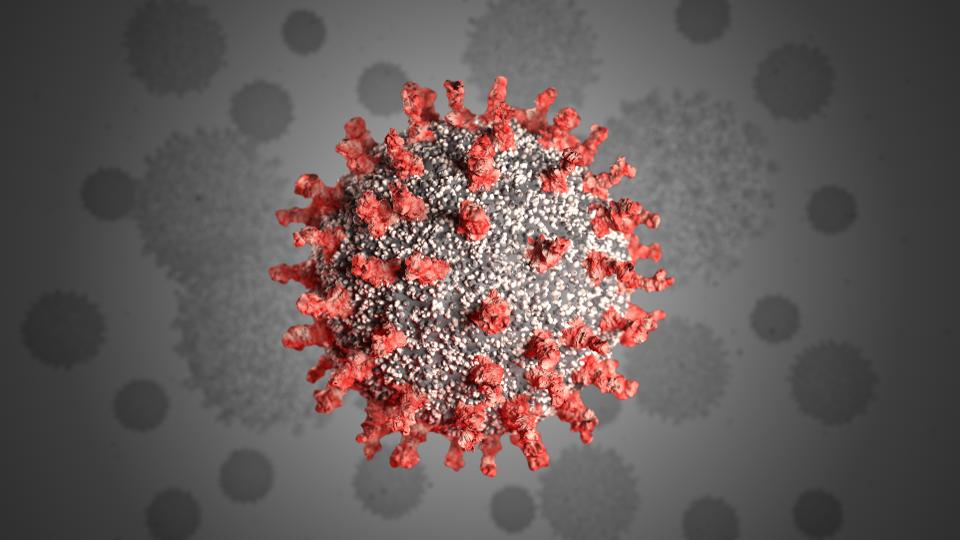Over the past several years, countries around the world have experienced numerous disasters, including wildfires, floods, tsunamis, earthquakes, and others. But perhaps not as many people expected a pandemic to show up and radically change so many people’s lives in such a relatively short time. For many if not most people, life went from routine to completely different almost literally overnight.
For several weeks, North Americans have been trying to deal with the repercussions of the COVID-19 virus, which has led to medical crises, shortages in supplies, school and business closures, quarantines, stock price drops, mass unemployment, strict guidelines that define when people can leave their homes even for a short time, and worst of all, illness and death affecting tens of thousands of people.
There is no silver lining in such a situation, especially one of this magnitude. But when large-scale occurrences that affect untold numbers of people take place, there are those who realize an opportunity to do the right thing and get on board to help others.
Turn on the news and you’ll see parents and children making masks to help others protect themselves from airborne germs. Medical professionals are volunteering to lend their expertise where needed. People from all walks of life are donating their time, energy, talents, and financial support, all in the name of providing assistance and comfort to their fellow human beings.
In Vancouver, Christopher Kape, who founded early-stage private equity investment and advisory firm JAMCO Capital Partners Inc. over 20 years ago, has spent his isolation time away from the office involved in a number of charitable activities to benefit his community.
“At a time like this, it’s important that we all look out for each other,” says Kape, who’s been involved in a broad range of philanthropic initiatives for years. “It’s our responsibility as human beings to use the gifts we’ve been given to help those who might be struggling or in need.”
Among his initiatives have been working with some the companies he has invested in, such as the very popular “The Pie Hole”. When The Pie Hole decided to temporarily shut it’s doors to help prevent the spread of the virus to its employees and customers, they had a lot of perishable ingredients left over, including fresh pies in inventory.
Kape picked up the company’s delivery truck, went to all 3 locations and loaded up all the remaining pies and perishable produce to deliver to high risk folks in Vancouver and neighboring Burnaby, ensuring that their families could put food on the table. He also personally donated another $1,000 every week for grocery store gift cards to the same people, ensuring they had enough food until government programs kicked in.
He did the same thing with another one of his investments, Riversol Skin Care. They donated tens of thousands of units of hand sanitizer to front line workers in health care, with Kape even delivering some of them in the Vancouver area himself.
Kape isn’t alone.
The BBC News’ Tom Gerkin reported that in mid-March, more than 35 Facebook groups boasting more than 30,000 members had been set up to serve communities in such places as Ottawa, Halifax and Annapolis County in Nova Scotia. He notes that in Canada, “a country whose inhabitants are stereotyped in the media as kind to a fault, helping others has become an organised movement called ‘caremongering’.”
The trend of caremongering is said to have been started in Toronto, by Mita Hans and Valentina Harper, who launched a group on Facebook. The movement quickly went viral. In fact, the Halifax, Nova Scotia caremongering group had grown to 10,000 members in a week. According to Harper, “It’s spread the opposite of panic in people, brought out community and camaraderie, and allowed us to tackle the needs of those who are at-risk all the time – now more than ever.”
In other parts of North America and the world, numerous people are coming together to help their communities. And they’re proving that you don’t even have to be an adult to be a humanitarian.
In the East Bay area of Oakland, CA, sisters Brianna and Ashley Wong, ages nine and six respectively, are owners of a leather goods company they launched two years ago to support various charities. Under their company name Duck+chick, they’re now producing wristbands imprinted with such encouraging sayings as “Spread love,” “Air hugs” and “Wash your hands,” and are selling them to benefit NoKid Hungry, an organization that provides lunches to children who depend on their school lunches, but whose schools are now closed.
The sisters’ mother, Jennifer, says that, “We just want to teach them that it’s not just about getting toys and things for ourselves but to give back to the community.”
The COVID-19 crisis has led to countless citizen philanthropists using their time, ideas and skills to help the less fortunate. In addition, many companies of all sizes, from major corporations to small businesses and individual entrepreneurs, have committed significant dollars to making the current situation bearable for others. “It’s what we’re called to do,” says Chris Kape, who says he’ll continue to explore even more options to benefit the people in his community.


